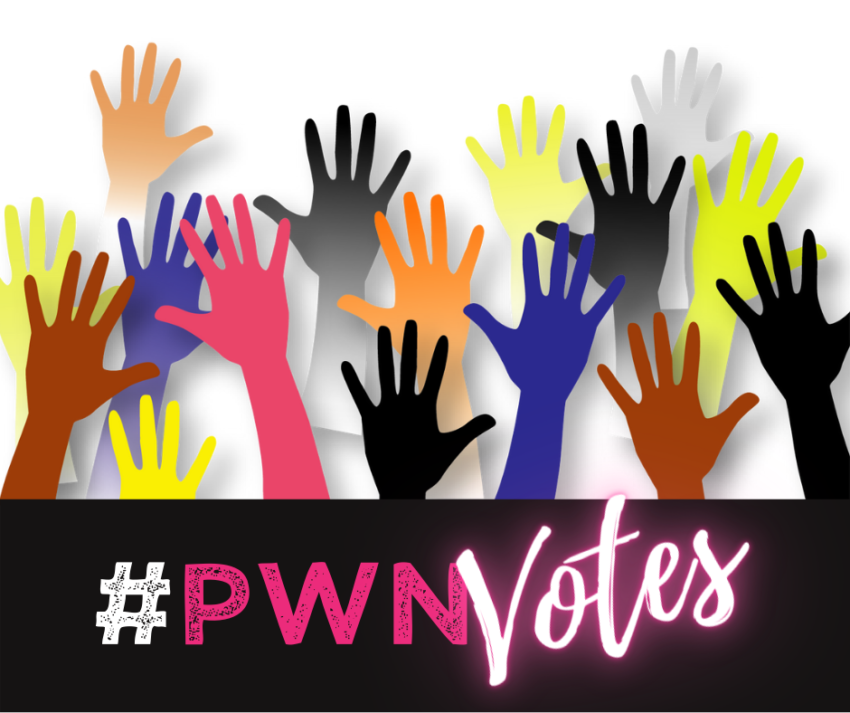Check out the resources below to help ensure that every eligible person in your community is able to exercise their right to vote.
Here you will find a list of resources for citizens for whom English is a second language and who want or need language assistance when voting, such as having their ballot or other election materials in their native language. Also: you have the right to bring a translator/assistant of your choosing with you to the poll to help you cast a ballot (as long as they are not a union representative or your employer)
You cannot be turned away just for being unable to speak/read/write English
The American Civil Liberties Union created this resource to help identify and make reports of voter intimidation.
You can find state-by-state information related to voting for people with disabilities online, including information from national and local disability rights and advocacy organizations, and resources from state agencies.
Section 203 of the Voting Rights Act that requires language assistance in jurisdictions with large low-English proficiency populations.
It is also important to remember that being incarcerated or having a conviction on your record does not necessarily mean that you can’t vote! In fact, there are some states where voting rights are automatically restored when someone is released from prison (but people must re-register to vote!). Laws about voting rights for people with criminal records vary from state to state: click here for an overview of the voting rights of people who are incarcerated, on parole or probation, and/or have a felony conviction in each state. More detailed information can be found here.
You don’t need a permanent address in order to register to vote. Here are links to resources and answers to frequently asked questions about voting while experiencing homelessness.



